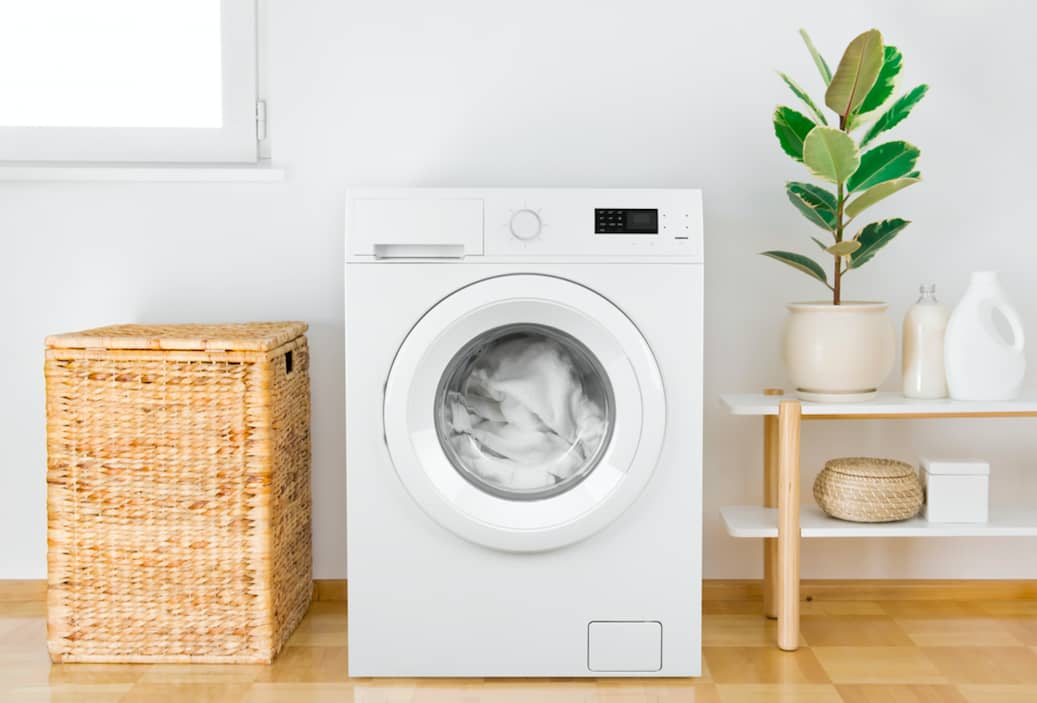So. Much. Washing. Many years from now when my grandchildren ask what I remember of lockdown I shall laugh ruefully and shake my wise old head. The washing, children. The endless piles of bloody washing.
I’m failing to understand teen washing logic. Leave clothes and wet towels intertwined on floor, fine. Use damp towel more than once, heaven forfend. Hang towel up, hahaha! Complain about lack of hotel grade clean fluffy towels, crucial.
I digress, after eight years of repairs and loyalty my washing machine needs replacing and it’s given me pause for consideration about energy efficient appliances.
Previously, I’ve written about buying energy from a renewable supplier to power our homes but this is only half the story. If we are to reach Net Zero by 2050 then we must also halve our demand and reduce what we use.
The good news is that appliances are becoming more energy efficient and household energy use is going down, back down to mid 1990s levels. Manufacturers are responding to consumers who want to buy cheaper and greener machines.
The efficiency standards have got tighter with appliances now rated on an A-G scale, rather than on an A+, or A++ scale, with a higher standard for each grade and only a few making an A.
While searching through the websites, I was a bit surprised that choosing a next day delivery was easier than selecting an A grade washing machine but although it took a bit longer it wasn’t much of an extra effort to hone down the list on price and then go through them. It also appears that A rated stuff is comparable price wise. A useful website is the Topten initiative, where you can find the ‘best in class’ options.
If you want to go further you could look on the label for the kWh/year figure, which allows you to make a more detailed comparison between bigger and smaller models. Buy the model that you need, rather than the biggest model, that will save you energy too.
It’s a shame I couldn’t wait until the summer. New rules mean that consumers have a ‘right to repair’ on any goods they buy. The frustrating existing situation that it’s often cheaper to replace than repair is to be scrapped and manufacturers will be obliged to supply spare parts. It’s hoped that this will increase the lifespan of an appliance by up to ten years and cut the amount of electrical appliances being prematurely retired by 1.5 million tonnes.
Suppliers are listening to the signals we send when we buy things, so it’s worth investing in the greenest version of any new appliance.
I might also invest in the future in tiny super absorbent towels, a new business idea methinks..









